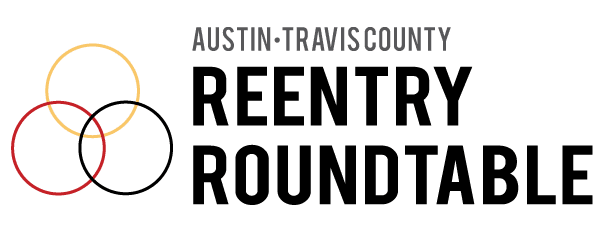 Three words that describe you.
Three words that describe you.
Tenacious, Loyal, and Empathetic
What are the top challenges that you faced when reentering?
The perception people have of individuals with criminal histories and how difficult it is to prove yourself as a worthy member of society in the face of such critical and ignorant judgment from the general population is an issue that seems will never go away. This has caused challenges in my life which include a lack of accessible housing and employment. I have been forced to either live with family or practically beg private renters for housing. I have suffered great shame when filling out employment applications because potential employers would see only the felony charge and not me as an individual who had overcome great odds. These obstacles will likely continue to be ahead of me for the unforeseeable future unless societal views and perceptions change.
What resources have you found most helpful for reentering?
Familial support and education is key. There are lots of programs available to bolster the chances of success, but I believe that there should be more institutional emphasis on reconnecting with family pre-release. In addition, I believe obtaining my education has been essential to my success. Without education I would not be where I am today as a Reentry Career Case Manager with Goodwill Industries. Instead, I would still be underemployed and working a menial job simply because they accept people with felonies.
Did you have a mentor or a role model?
While attending school I had a professor who unknowingly became my mentor and role model. She was aware of my story and encouraged me, not only while I was a student through her social work program, but also while I was working on my master’s degree at another university. Her constant encouragement helped me to believe in myself and provided me with strength when I would begin to feel overwhelmed by life and relentless social work writing assignments. She would also line me up with learning opportunities and connections that have benefited my knowledge and my future. For her, I will forever be grateful.
What drives your passion and makes you excited to get out of bed in the morning?
My passion is to help others who have been incarcerated overcome the obstacles that accompany incarceration, whether through clinical or policy work. I try to supplement what I learned while studying for my master’s in social work with my own experiences as a convicted felon and prisoner. My hope is that through my knowledge and experience I can help those recently released from incarceration avoid the same pitfalls I experienced and ensure that they are not a statistic of recidivism. I want to equip them with the knowledge that will give them the best chance to be a productive member of society and forever avoid any future contact with the broken criminal justice system in our country.
Why do you participate in the Reentry Advocacy Project?
I want people to have a “real” second chance. I want the public to know that the labels placed by the court system have absolutely nothing to do with a person’s ability to change his or her life for the better. I believe that with advocacy comes more understanding and ultimately the chance for a more productive and happy life for those who have endured the criminal justice system, and their families. There is so much work to be done in regards to reentry and there is no better place to help make that change happen than sitting around a table brainstorming how to change the system with formerly incarcerated individuals.
What words of wisdom do you have for others leaving incarceration?
Take advantage of as many programs as possible. Have patience with the programs that often move at a very slow pace and understand that the determination and motivation to succeed lies with believing in your own strength as an individual. The ability to accomplish dreams comes out of being vulnerable. So in those instances of going beyond what feels normal, you’ll find great knowledge and inner strength you never knew you had until you put yourself out there.
What accomplishments are you most proud of?
I am proud every time I can give encouragement to someone who needs it most. I am proud that the work I do, while not always with the storybook ending, very often changes someone’s life for the better. The opportunity provided to me by Goodwill gives me that ability to be the spring board for someone’s success. I am also proud that I am not the same person I was. I have been sober almost 6 years, came out of prison to be the first person in my family to earn a university degree, and then a post graduate degree. I sometimes have to remind myself of what a miracle I truly am and that who I am today is not represented by my past, but is certainly supplementing my future.
What do you identify as having made a difference for you in your success?
Sobriety. There are so many addicts incarcerated and so few effective programs to help them deal with their addiction. It is a very easy road back to addiction upon release from prison or jail. Being able to utilize programs to keep me sober and the Intermediate Sanction Facility program while I was incarcerated equipped me with the tools to maintain my sobriety in the face of all of the obstacles that the newly released, recently incarcerated face.
